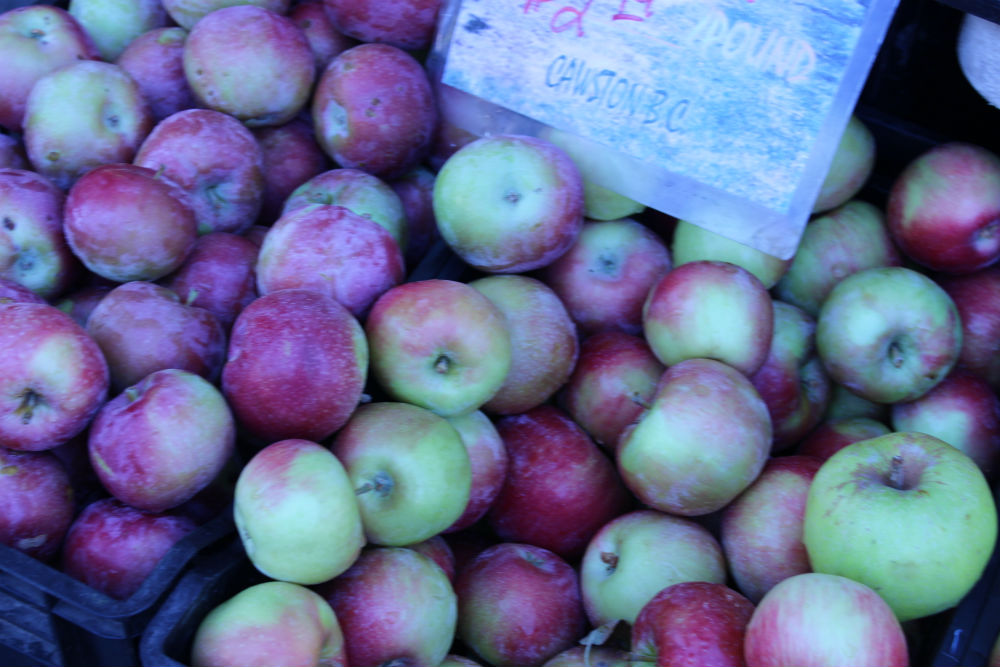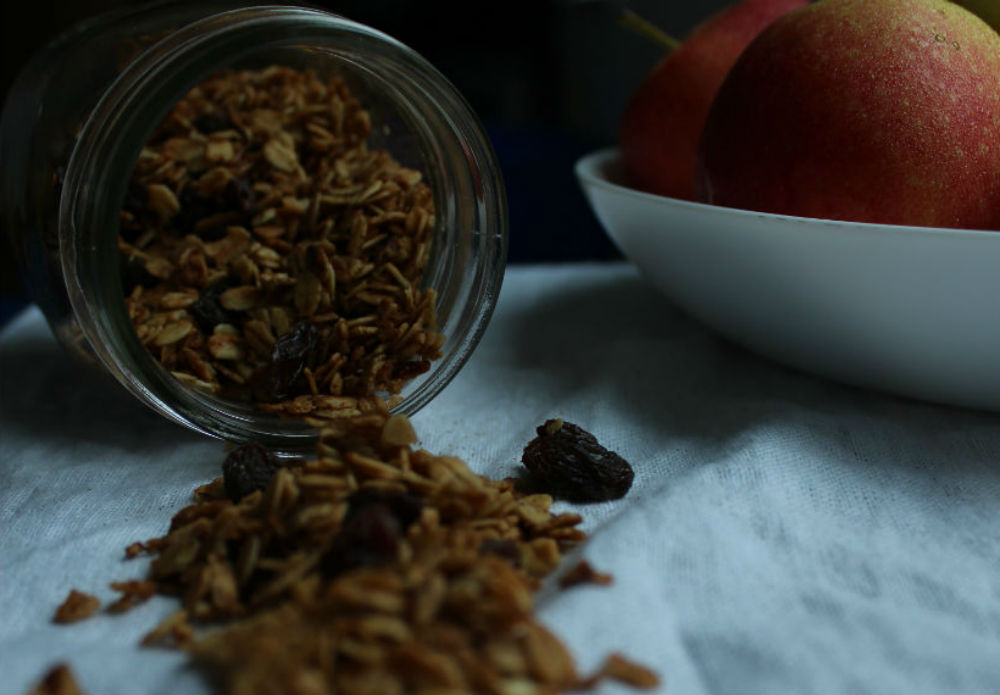How to be a savvy shopper !
Eating healthy can be costly, especially if you are choosing to buy organic foods. Most organic foods cost at least 50 % or more than conventionally grown foods. Eating healthy is an investment in your health and shouldn’t eat up all your savings. The good…









